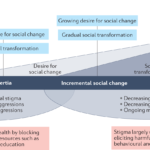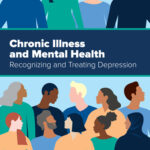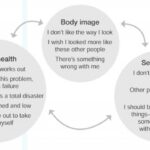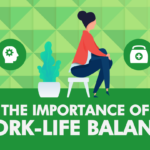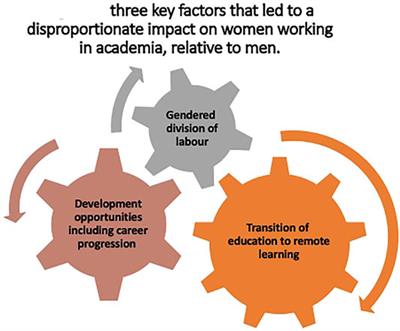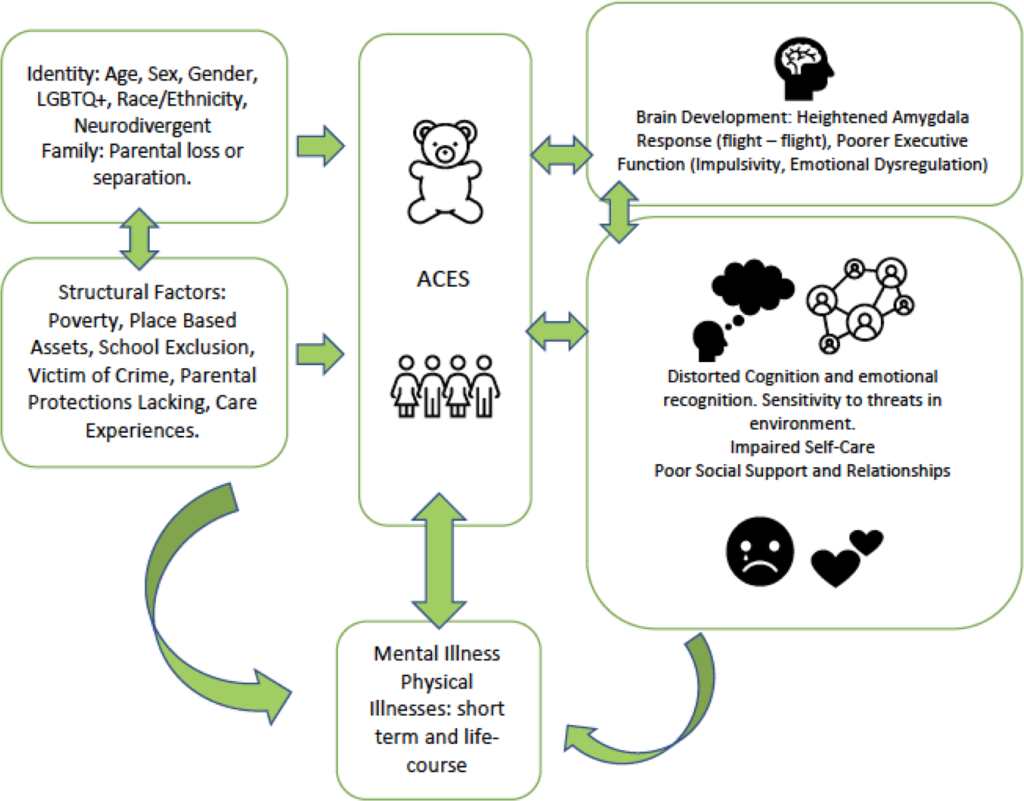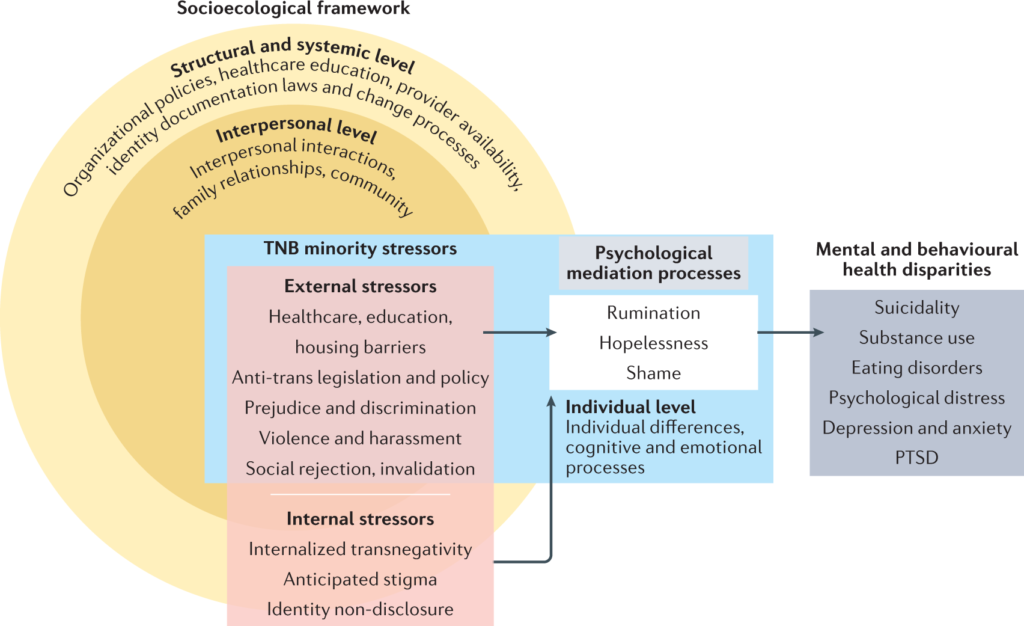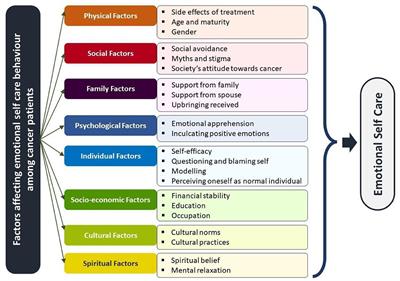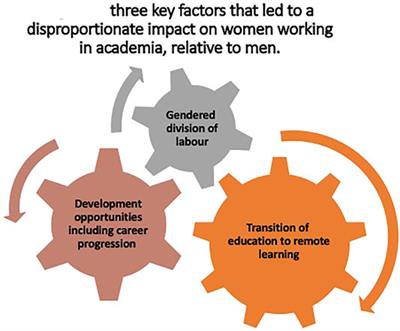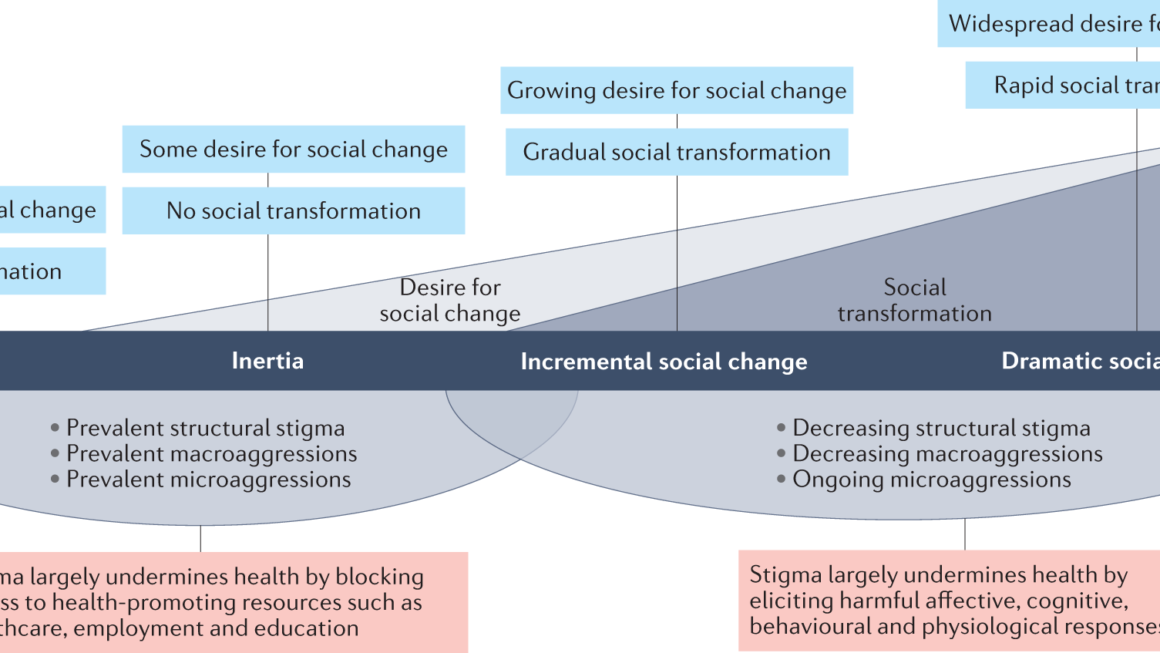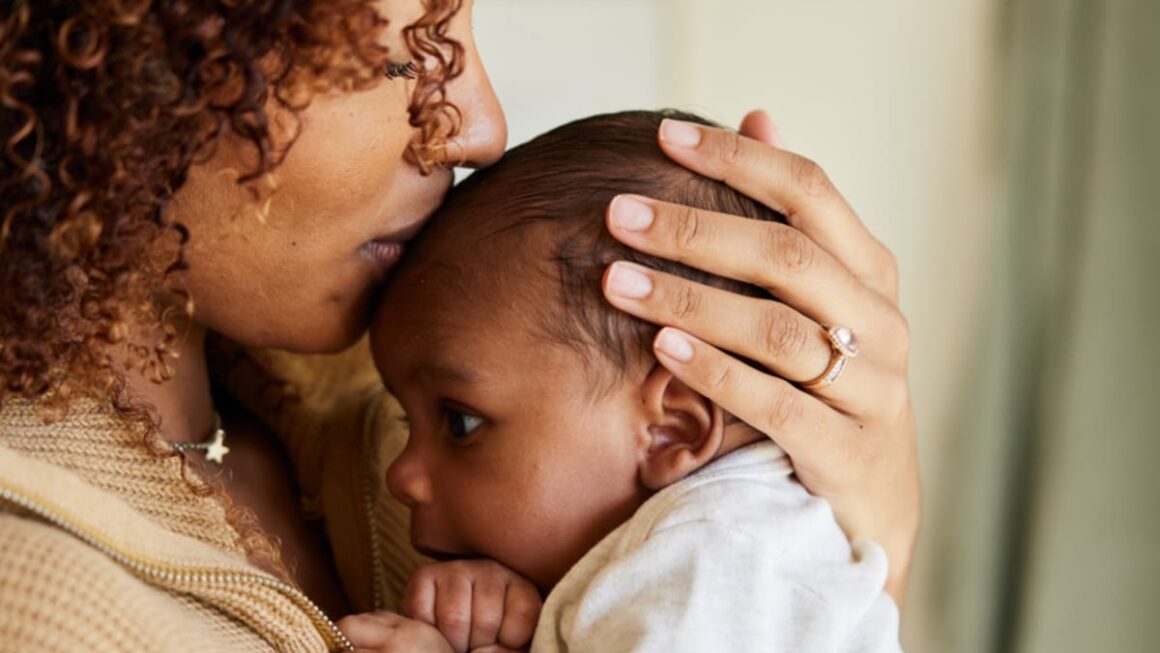In “Exploring the Impact of Life Transitions on Women’s Mental Health,” we delve into the fascinating intersection between life transitions and women’s mental health. From the transformative journey of pregnancy and childbirth to the complex terrain of menopause, these pivotal moments in a woman’s life can have a profound impact on her well-being. Join us as we navigate through the challenges and triumphs that arise during these transitions, uncovering valuable insights and shedding light on the importance of mental health support for women at every stage of their lives.
1. Pregnancy and Mental Health
Preparing to become a mother is a monumental life transition that can greatly impact a woman’s mental health. During pregnancy, there are significant emotional changes that occur as hormones fluctuate and the body undergoes physical transformations. These emotional changes can range from feelings of excitement and joy to anxiety and mood swings.
1.1 Emotional Changes during Pregnancy
Pregnancy is a time of heightened emotions, and it is not uncommon for expectant mothers to experience a wide range of emotions. Hormonal shifts during pregnancy can contribute to mood swings, increased sensitivity, and irritability. These emotional changes may be influenced by factors such as fatigue, physical discomfort, and worries about the health and well-being of the baby. It is important for women to recognize and acknowledge these emotional changes as normal and reach out for support if needed.
1.2 Postpartum Depression and Anxiety
While many women anticipate the joy and happiness of welcoming a new baby into their lives, some may experience postpartum depression or anxiety. Postpartum depression is a mental health disorder characterized by persistent feelings of sadness, hopelessness, and a loss of interest in activities. Postpartum anxiety, on the other hand, manifests as excessive worry and fear about the well-being of the baby. These conditions can significantly impact a woman’s ability to bond with her baby and adjust to the demands of motherhood.
1.3 Impact on Relationship Dynamics
The arrival of a new baby can also influence the dynamics of a woman’s relationships. The focus shifts to the needs of the baby, leaving less time and energy for the couple’s relationship. Sleep deprivation, changes in roles and responsibilities, and communication challenges can put strain on the relationship. It is important for partners to communicate openly, seek support, and make time for each other to maintain a strong bond during this transition.
2. Childbirth and Mental Health
Childbirth, though a beautiful and transformative experience, can also have a profound impact on a woman’s mental health. Women may face challenges adjusting to the demands of being a new parent, leading to various mental health concerns.
2.1 Postpartum Adjustment Disorders
Postpartum adjustment disorders are common mental health conditions that occur within the first few weeks after childbirth. These disorders encompass a range of symptoms including mood swings, anxiety, feelings of overwhelm, and difficulty sleeping. It is important for women to seek support from healthcare professionals and loved ones to help navigate and cope with this adjustment period.
2.2 Postpartum Psychosis
Although rare, postpartum psychosis is a severe mental health condition that can occur within the first few weeks after giving birth. It is characterized by symptoms such as confusion, hallucinations, delusions, and rapid mood fluctuations. Women experiencing postpartum psychosis require immediate medical attention as it can be a psychiatric emergency.
2.3 Psychological Impact of Birth Trauma
Childbirth doesn’t always go as planned, and traumatic birth experiences can have a lasting psychological impact on women. Women who have experienced birth trauma may develop symptoms of post-traumatic stress disorder (PTSD), such as intrusive memories, nightmares, and persistent anxiety. It is crucial for these women to seek therapy and support to process and heal from their birth experiences.
3. Menopause and Mental Health
Menopause marks the end of a woman’s reproductive years and is accompanied by hormonal changes that can influence emotional well-being. The transition through menopause can bring about a range of mental health challenges.
3.1 Hormonal Changes and Emotional Well-being
During menopause, hormonal fluctuations can lead to emotional changes such as mood swings, irritability, and increased vulnerability to stress. These hormonal shifts, combined with other factors like sleep disturbances and physical symptoms, can contribute to feelings of anxiety and depression. It is important for women going through menopause to engage in self-care practices, seek support, and consider hormonal therapies if necessary.
3.2 Mental Health Disorders Associated with Menopause
Menopause can also increase the risk of developing mental health disorders such as depression and anxiety. The declining levels of estrogen during this phase can impact brain chemistry and contribute to the onset or worsening of these conditions. Women should be aware of the signs and symptoms of mental health disorders and seek professional help if needed.
3.3 Coping with Physical and Emotional Symptoms
Managing the physical and emotional symptoms of menopause can greatly impact a woman’s mental well-being. Strategies such as regular exercise, a balanced diet, quality sleep, and stress management techniques can help alleviate these symptoms and improve mental health. Additionally, seeking support from healthcare professionals and joining support groups can provide valuable guidance and reassurance during this transition.
4. Adolescence and Mental Health
Adolescence is a period of significant physical, emotional, and hormonal changes for girls. These transitions can affect mental health and well-being, and it is important to support young women through this crucial stage.
4.1 Puberty, Hormonal Changes, and Mood Swings
Puberty brings with it hormonal changes that can contribute to mood swings, irritability, and emotional volatility in adolescent girls. The surge in hormones during this time can have a direct impact on brain development and emotions. It is crucial for parents, caregivers, and educators to provide a safe and supportive environment for girls, and to educate them about healthy coping mechanisms to manage their emotions.
4.2 Body Image Issues and Eating Disorders
Adolescence is also a time when body image concerns may arise, as girls compare themselves to societal ideals and experience changes in their physical appearance. Body dissatisfaction can lead to the development of eating disorders, such as anorexia nervosa or bulimia nervosa. It is essential for parents, schools, and healthcare professionals to promote positive body image and provide resources and support for girls struggling with these issues.
4.3 Building Resilience and Self-esteem
Navigating the challenges of adolescence requires building resilience and self-esteem. Encouraging girls to engage in activities they enjoy, fostering positive relationships, and promoting a healthy work-life balance can contribute to their overall well-being. It is important to acknowledge their achievements and provide them with the tools and support they need to develop self-confidence and resilience.
5. Empty Nest Syndrome
As children grow older and leave home, many women experience a range of emotions known as “empty nest syndrome.” This life transition can significantly impact a woman’s mental health and well-being.
5.1 Emotional Challenges of Parental Transition
The departure of children from the family home can evoke a sense of grief, loss, and sadness in parents, particularly mothers. Adjusting to the change in household dynamics and identity can be challenging and may lead to feelings of loneliness and emptiness. It is important for women to acknowledge these emotions and seek support from family, friends, or support groups.
5.2 Rediscovering Identity and Purpose
With the children no longer requiring constant care, women may find themselves with increased free time and an opportunity for personal growth. This phase of life allows women to rediscover their own identities and explore new hobbies, interests, or career paths. Engaging in meaningful activities can provide a sense of purpose and fulfillment during the empty nest transition.
5.3 Seeking Support and Finding New Interests
Transitioning into the empty nest phase can be a transformative time for women, and seeking support is vital. Connecting with other parents going through a similar experience can provide comfort and a sense of belonging. Additionally, exploring new interests or pursuing long-standing passions can help fill the void left by the departure of children and contribute to overall mental well-being.
6. Divorce and Separation
Divorce or separation is a significant life transition that can deeply affect a woman’s mental health. The emotional impact of relationship dissolution can be challenging, but there are ways to navigate this difficult process and rebuild one’s well-being.
6.1 Emotional Impact of Relationship Dissolution
Going through a divorce or separation can trigger a wide range of emotions including grief, anger, guilt, and loneliness. The dissolution of a long-term relationship can disrupt one’s sense of self and future plans, leading to significant psychological distress. It is important for women to give themselves permission to grieve and process their emotions during this time.
6.2 Coping with Grief and Loss
Divorce or separation involves grieving the loss of a relationship and the dreams associated with it. It is essential for women to seek support from loved ones, friends, or therapists to navigate this grief process. Engaging in self-care activities, such as exercise, mindfulness, and journaling, can also help manage the emotional toll of divorce or separation.
6.3 Rebuilding Self-esteem and Confidence
The end of a relationship can take a toll on self-esteem and confidence. It is important for women to focus on self-care and engage in activities that promote self-growth and well-being. Surrounding yourself with positive influences, setting realistic goals, and seeking professional support can facilitate the process of rebuilding self-esteem and moving forward after a divorce or separation.
7. Career Transitions
Career transitions, such as changing jobs or taking on new professional roles, can significantly impact a woman’s mental health. Navigating these shifts requires proactive strategies to maintain well-being during times of change.
7.1 Changing Work Roles and Mental Health
Transitioning to a new job or career role can bring about feelings of stress, uncertainty, and anxiety. Adjusting to a different work environment, adapting to new expectations, and building relationships with colleagues can be challenging. Setting realistic expectations, seeking support from mentors or coaches, and practicing self-compassion can ease the difficulties associated with changing work roles.
7.2 Stress and Burnout in New Job Positions
New job positions often come with their own set of pressures and demands, increasing the risk of stress and burnout. Changes in work-life balance and expectations can leave women feeling overwhelmed and exhausted. Implementing healthy coping mechanisms, such as regular breaks, exercise, and mindfulness practices, can mitigate stress and prevent burnout during career transitions.
7.3 Balancing Work and Personal Life
Finding a balance between work and personal life is crucial for maintaining mental health during career transitions. Prioritizing self-care, setting boundaries, and delegating tasks can help women establish a healthier work-life balance. Additionally, seeking support from family and friends and engaging in activities outside of work can provide a sense of fulfillment and well-being.
8. Retirement and Mental Health
Retirement is a major life transition that brings significant changes in routine, social connections, and identity. Adjusting to this new phase can impact a woman’s mental health and require intentional strategies for emotional well-being.
8.1 Emotional Adjustment to Retirement
Retiring from a career can lead to a mix of emotions, including relief, excitement, and loss. The sudden absence of a structured routine can leave women feeling adrift and unsure of their purpose. It is important to acknowledge these emotions and gradually adjust to the new pace of life. Planning for retirement by engaging in hobbies, volunteering, or pursuing new interests can help ease the emotional adjustment.
8.2 Maintaining Social Connections and Purpose
Retirement may disrupt social connections that were once established through work. Feeling isolated or disconnected can negatively impact mental health. It is crucial for women entering retirement to actively seek opportunities for social engagement, such as joining clubs or organizations, volunteering, or maintaining connections with friends and family. By cultivating meaningful relationships and finding new purpose, women can maintain a sense of fulfillment during this life transition.
8.3 Addressing Financial and Identity Changes
Retirement often brings significant financial changes that can contribute to stress and anxiety. Managing finances and developing a retirement plan can help mitigate these concerns. It is also important to reflect on personal identity outside of a professional role and explore new avenues of personal growth. Embracing lifelong learning, picking up new hobbies, and nurturing personal relationships can aid in the adjustment to a new sense of self in retirement.
9. Loss of a Loved One
Experiencing the loss of a loved one is an emotionally challenging life transition that deeply impacts a woman’s mental health. Grief and mourning require support and understanding during this difficult period.
9.1 Grief and Bereavement Process
Grief is a natural response to loss and can manifest as a range of emotions including sadness, anger, guilt, and even relief. The bereavement process is unique to each individual, and there is no set timeline for healing. It is important for women to give themselves space to grieve, seek support from loved ones, and engage in self-care activities that promote healing.
9.2 Managing Complicated Grief
Some individuals may experience complicated grief, which is characterized by intense and prolonged symptoms that interfere with daily functioning. Complicated grief may require professional intervention, such as therapy or counseling, to navigate the complex emotions and challenges associated with loss. Seeking support from grief support groups or organizations can also provide validation and understanding during this difficult time.
9.3 Seeking Counseling and Support Groups
Grief can be an isolating experience, and seeking professional help or joining support groups can be beneficial for coping with the loss of a loved one. Counseling and therapy provide a safe space to explore and process emotions, while support groups offer a sense of community and solidarity. It is important for women to reach out and utilize these resources to support their mental health during the grieving process.
10. Aging and Mental Health
As women age, they may face unique challenges and transitions that can impact their mental health and well-being. Proactive steps can be taken to promote positive aging and maintain mental well-being.
10.1 Cognitive Changes and Mental Health
As women age, cognitive changes can occur, including memory decline and changes in thinking patterns. These changes can be worrisome and contribute to anxiety or depression. Engaging in activities that stimulate the mind, such as puzzles and reading, can be beneficial for maintaining cognitive health. Additionally, seeking support from healthcare professionals and staying socially active can help mitigate concerns about cognitive changes.
10.2 Loneliness and Social Isolation
As social networks change with age, women may experience a sense of loneliness or isolation. The loss of friends or family members may contribute to these feelings. Maintaining social connections through activities like volunteering, joining community groups, or pursuing hobbies can combat loneliness. Utilizing technology and online platforms can also help women stay connected with loved ones.
10.3 Promoting Positive Aging and Mental Well-being
Promoting positive aging involves taking care of one’s physical, emotional, and mental well-being. Engaging in regular exercise, eating a balanced diet, and getting proper sleep are essential for overall health. Pursuing activities that bring joy and fulfillment, such as hobbies or creative outlets, can contribute to a positive mental state. Additionally, seeking support from healthcare professionals and participating in mental health programs can help women navigate the challenges and transitions that come with aging.
In conclusion, life transitions can have a significant impact on a woman’s mental health. Pregnancy, childbirth, menopause, adolescence, empty nest syndrome, divorce, career transitions, retirement, the loss of a loved one, and aging all bring unique challenges that can affect emotional well-being. By recognizing and addressing the mental health aspects of each transition, women can navigate these periods with strength, resilience, and support.
